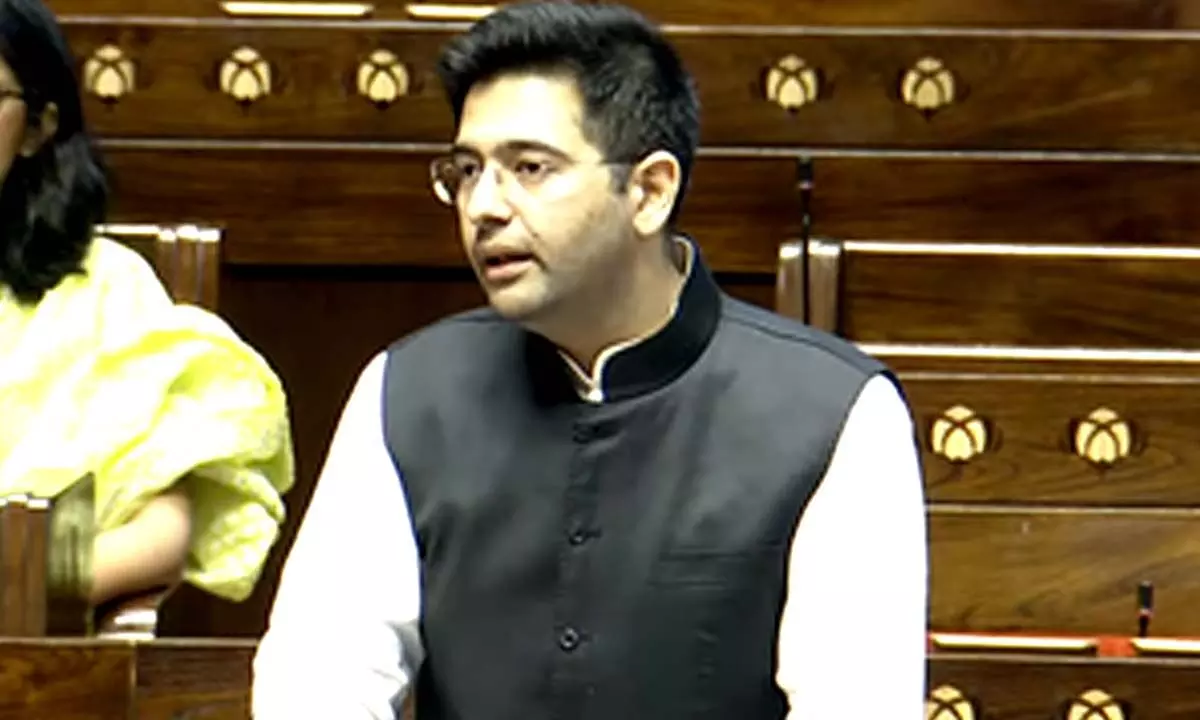Live
- Bihar will get roads similar to US in four years: Nitin Gadkari
- DK Shivakumar Blends Political Confidence With Divine Intervention In Karnataka By-Elections
- Tamil Nadu Law And Order Crisis: Opposition Intensifies Attack On DMK Government
- Kerala CM Vijayan Rallies MPs To Press Centre On Pending State Demands
- Ramoji Group Donates ₹30 Crore to Indian School of Business (ISB)
- Celebrating the power of thought
- President Droupadi Murmu Arrives in Hyderabad to Attend Koti Deepotsavam
- Border-Gavaskar Trophy 2024-25: Rohit Sharma to join Indian team midway of Perth Test, set to be available from second Ind vs Aus Test
- Scholarships For Students
- EFLU hosts talk on 75 years of the Indian Constitution








